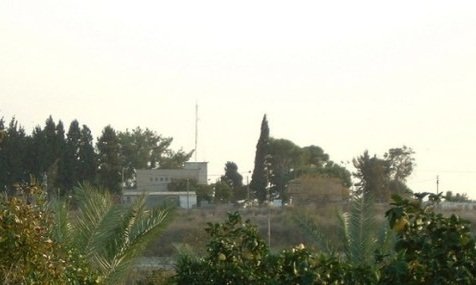In a significant military operation, Israel launched more than 100 airstrikes targeting Syrian military installations associated with the former Assad regime. The strikes aimed at preventing advanced weaponry from falling into extremist hands amid the ongoing regional instability.
Targets and Objectives
The airstrikes focused on several key military sites across Syria:
- Barzah Scientific Research Center: Located near Damascus, this facility has been suspected by Western nations of involvement in chemical weapons development.
- Weapons Depots in Deir Ezzor Province: These depots were believed to house significant arsenals potentially accessible to hostile groups.
- Qamishli Military Airport: Situated in the northeast, this airport was targeted to disrupt potential aerial threats.
- Latakia Seaport: Former Syrian naval vessels docked here were destroyed to prevent their use by adversarial forces.
- Air Defense Installations: Facilities near the Mediterranean coast were struck to degrade Syria’s defensive capabilities.
These operations were confirmed by the Syrian Observatory for Human Rights and Syrian security sources.
Context of the Strikes

The military action follows the recent ousting of President Bashar al-Assad, which has led to increased volatility in the region. Israel’s Foreign Minister, Gideon Saar, described the deployment of Israeli troops into the Golan Heights buffer zone as a “limited and temporary step” necessary for security reasons. The Golan Heights, annexed by Israel in 1981, has experienced heightened tensions following Assad’s removal.
Regional Reactions
Lebanon’s Hezbollah condemned the Israeli airstrikes, accusing Israel of exploiting Syria’s instability to expand territorial control and weaken its military. Hezbollah, a long-time ally of the Assad regime, emphasized the importance of preserving Syria’s unity amid the changing political landscape.
Strategic Implications
Israel has a history of conducting operations against Iran-linked targets in Syria, aiming to prevent the transfer of advanced weaponry to hostile entities like Hezbollah. The recent strikes are part of a broader strategy to maintain regional security and prevent the proliferation of sophisticated arms to extremist groups.
International Perspective
The international community is closely monitoring the situation, with concerns about the potential for escalating conflict. The United Nations has called for restraint from all parties to prevent further destabilization of the region.
Conclusion
Israel’s extensive airstrikes on Syrian military sites underscore its commitment to national security and regional stability. As the situation evolves, the global community remains vigilant, emphasizing the need for diplomatic efforts to address underlying tensions and promote lasting peace in the Middle East.
Santosh Kumar is a Professional SEO and Blogger, With the help of this blog he is trying to share top 10 lists, facts, entertainment news from India and all around the world.
